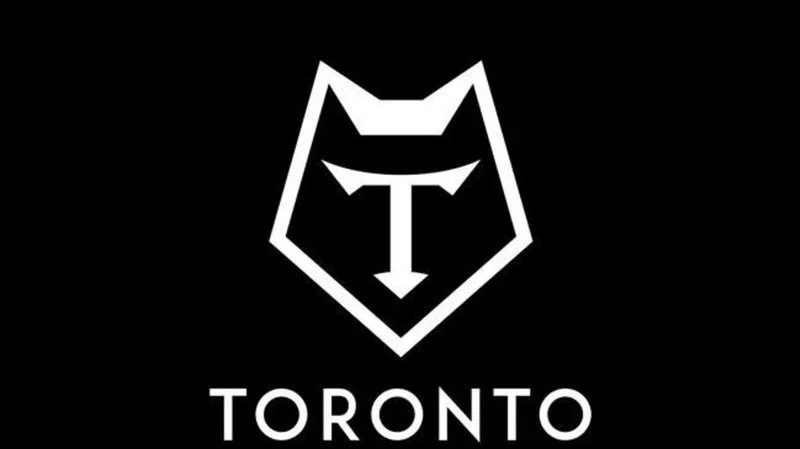
Wolfpack stuck between a rock and a hard place as rugby league ponders future
TORONTO — As English rugby league faces an uncertain future due to COVID-19, the Toronto Wolfpack find themselves once again between a rock and a hard place.
The team’s next payday comes the 18th or 19th of the month and cheques will be smaller than they should. While talks continue between rugby league authorities and player representatives, Wolfpack coach Brian McDermott says reduced pay is inevitable.
“Finance and income is zero at the moment,” he said Wednesday from his home in Leeds.
McDermott has spoken regularly to his players, updating them on the situation away from the field during the suspension of play in Super League, which includes 10 English teams, France’s Catalan Dragons and the Wolfpack.


